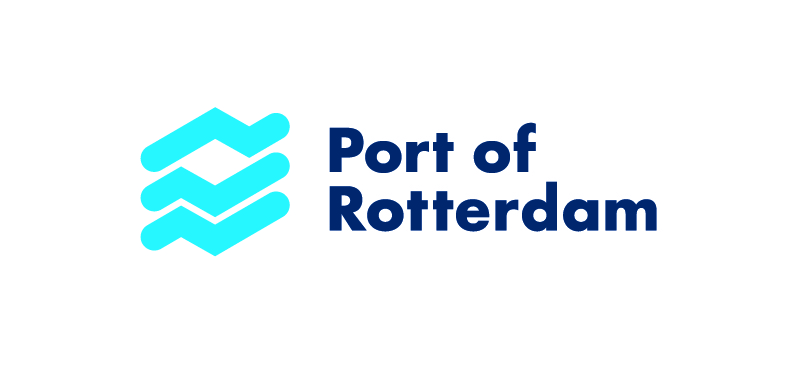Located close to the main artery connecting the Maasvlakte port and industrial area to the hinterland, the enormous Maasvlakte Plaza truck stop offers safe parking facilities where lorry drivers can park up for the night and connect with other drivers. Drivers no longer have to make a detour for decent basic facilities for drivers and trucks alike. Showers, food, drinks, and even tyre maintenance and a filling station are all available on site. Everything is arranged perfectly. In short, it is a safe place to spend the night in Rotterdam for both drivers and their cargo. Maasvlakte Plaza is a crucial part of plans, formulated by SmartPort* in a study into a new mode of transport called truck platooning, to have convoys of lorries that are closely following each other travel from Maasvlakte 2 to the hinterland every day. SmartPort stimulates and finances scientific research for and by companies in the Port of Rotterdam. For the innovations of tomorrow, the companies need the right scientific knowledge, also at Truck Platoonen.
New mode of transport
Truck platooning is the practice of having trucks closely follow each other on the road, in platoons of three or five trucks. It is a new mode of transport that is much like a road train. The benefits include a roughly ten percent reduction in fuel consumption and therefore less carbon emissions as the drivers keep their vehicles so closely to each other. By driving closely together, the trucks navigate through traffic with greater ease, which leads to better flow of traffic on motorways. Truck platooning is also safer, as it basically eliminates human error. Routine aspects of driving, such as staying in lane and keeping a safe distance, are all taken care of automatically by the driving support system. An added benefit is that it means that requirements under the driving hours act can be relaxed. Platooning lets lorry drivers take more breaks when they want, and not only when required by the tachograph. All in all, truck platooning can cut costs by roughly €5,000 per lorry on an annual basis.
Scale
From a technological point of view, having trucks drive together in semi-automated truck convoys is already possible. What is lacking is scale. To platoon a truck, it must be equipped with a special box, and these boxes are expensive. SmartPort therefore wants to have at least one hundred truck convoys of at least three hundred trucks carrying six hundred containers travel along the A15 motorway every day by 2020. With that kind of scale, the costs are recouped in no time. Besides greater scale, another important condition is a matching app to let drivers exchange logistical data and arrange to ride together. This would be a digital application that can be built using the available data.
Maasvlakte Plaza is therefore ideal as a place where drivers can be ‘matched’ for truck platooning. After all, what would be better a place for drivers to find a ‘date’ than a place where 400 potential matches park up every day? For drivers, it would simply be a matter of making a truck platooning date in the app, filling up the tank, and driving off together. This is just so ‘Make It Happen’!
* SmartPort is a partnership made up of the Port of Rotterdam, Deltalinqs, the City of Rotterdam, the Netherlands Organisation for Applied Scientific Research, Deltares, Erasmus University, and Delft University of Technology. By inspiring, initiating, and forming alliances, SmartPort promotes and funds scientific research for and by companies based in the port of Rotterdam in collaboration with knowledge institutions.


